Cross Flow Membrane Filtration
Categories:Cross Flow Membrane Filtration Features of Cross Flow Membrane Filtration Uses a standard filtration size of 90mm enabling a wide range of filtration membranes to be used Supplied with a range of...
Product
Description
Cross Flow Membrane Filtration
Features of Cross Flow Membrane Filtration- Uses a standard filtration size of 90mm enabling a wide range of filtration membranes to be used
- Supplied with a range of polymer membranes
- Optional ceramic membrane available.
- Suitable for microfiltration, ultrafiltration, nanofiltration and reverse osmosis membranes and pressures. Pressure operating range of 1-40 bar.Description
This is available in two basic configurations. The standard is the simplest system. It uses a high-pressure stainless steel piston pump to circulate product from a food vessel to the filtration assembly with simple on/off control. A backpressure valve is used to adjust the transmembrane pressure with a maximum allowable system pressure of 40 bar (analogue pressure indicator). As standard the filtration assembly works with polymer membrane filters (90mm diameter) and sample filters are included for microfiltration (MF), ultrafiltration (UF), nanofiltration (NF) and reverse osmosis (RO). A wider range of filters are available on request.
This is an enhanced unit, with all the additional benefits of computer control, data logging and diafiltration capability. It includes an electronic pressure sensor to measure filtration pressure (0-40 bar) and electronic temperature sensor (thermocouple) to measure retentate temperature. It also includes a feed pump speed controller, which enables the retentate cross flow velocity over the filtration membrane to be varied. There is also an electronic mass balance to measure the mass of permeate collected. This option also enables diafiltration using a peristaltic pump and high level sensor. The software can be used to define the mass of permeate collected prior to addition of water/buffer (batch diafiltration). The data from all these is logged in the software enabling plotting of permeate flow rate with time so that the effect of variables (filtration pressure, cross flow velocity, product temperature and diafiltration) on process performance can be determined. Communication to the PC (not supplied) is via an internal USB interface.
Specifications
quick overview :
Cross Flow Membrane Filtration
Features of Cross Flow Membrane Filtration- Uses a standard filtration size of 90mm enabling a wide range of filtration membranes to be used
- Supplied with a range of polymer membranes
- Optional ceramic membrane available.
- Suitable for microfiltration, ultrafiltration, nanofiltration and reverse osmosis membranes and pressures. Pressure operating range of 1-40 bar.Description
This is available in two basic configurations. The standard is the simplest system. It uses a high-pressure stainless steel piston pump to circulate product from a food vessel to the filtration assembly with simple on/off control. A backpressure valve is used to adjust the transmembrane pressure with a maximum allowable system pressure of 40 bar (analogue pressure indicator). As standard the filtration assembly works with polymer membrane filters (90mm diameter) and sample filters are included for microfiltration (MF), ultrafiltration (UF), nanofiltration (NF) and reverse osmosis (RO). A wider range of filters are available on request.
This is an enhanced unit, with all the additional benefits of computer control, data logging and diafiltration capability. It includes an electronic pressure sensor to measure filtration pressure (0-40 bar) and electronic temperature sensor (thermocouple) to measure retentate temperature. It also includes a feed pump speed controller, which enables the retentate cross flow velocity over the filtration membrane to be varied. There is also an electronic mass balance to measure the mass of permeate collected. This option also enables diafiltration using a peristaltic pump and high level sensor. The software can be used to define the mass of permeate collected prior to addition of water/buffer (batch diafiltration). The data from all these is logged in the software enabling plotting of permeate flow rate with time so that the effect of variables (filtration pressure, cross flow velocity, product temperature and diafiltration) on process performance can be determined. Communication to the PC (not supplied) is via an internal USB interface.
Specifications
Product
Reviews
add Review
reviews
No Review Yet.

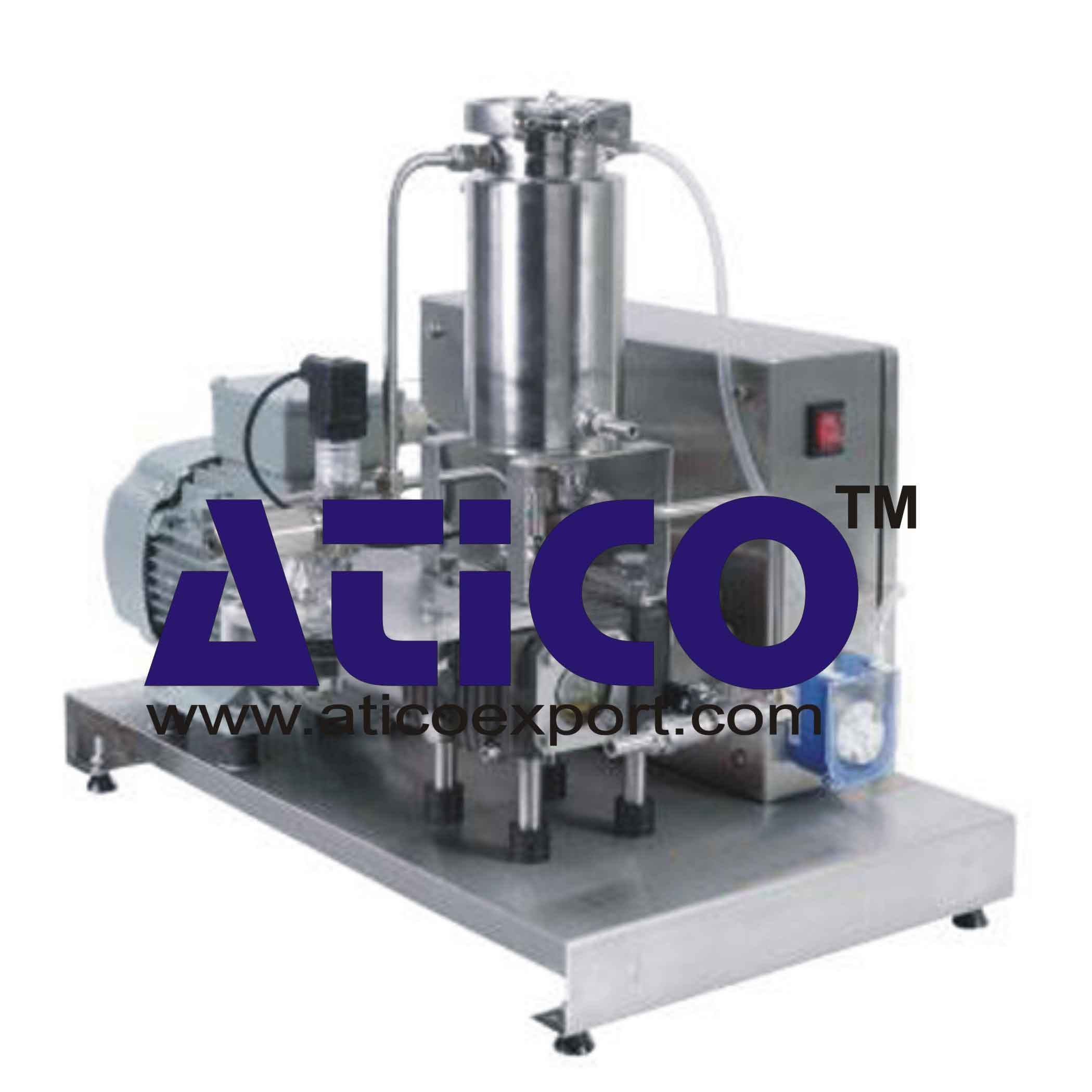
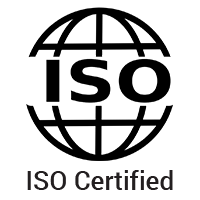
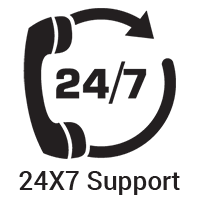
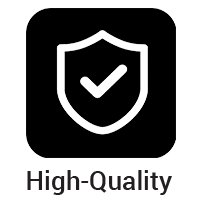
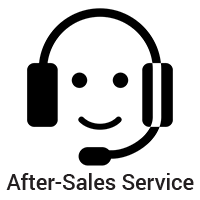
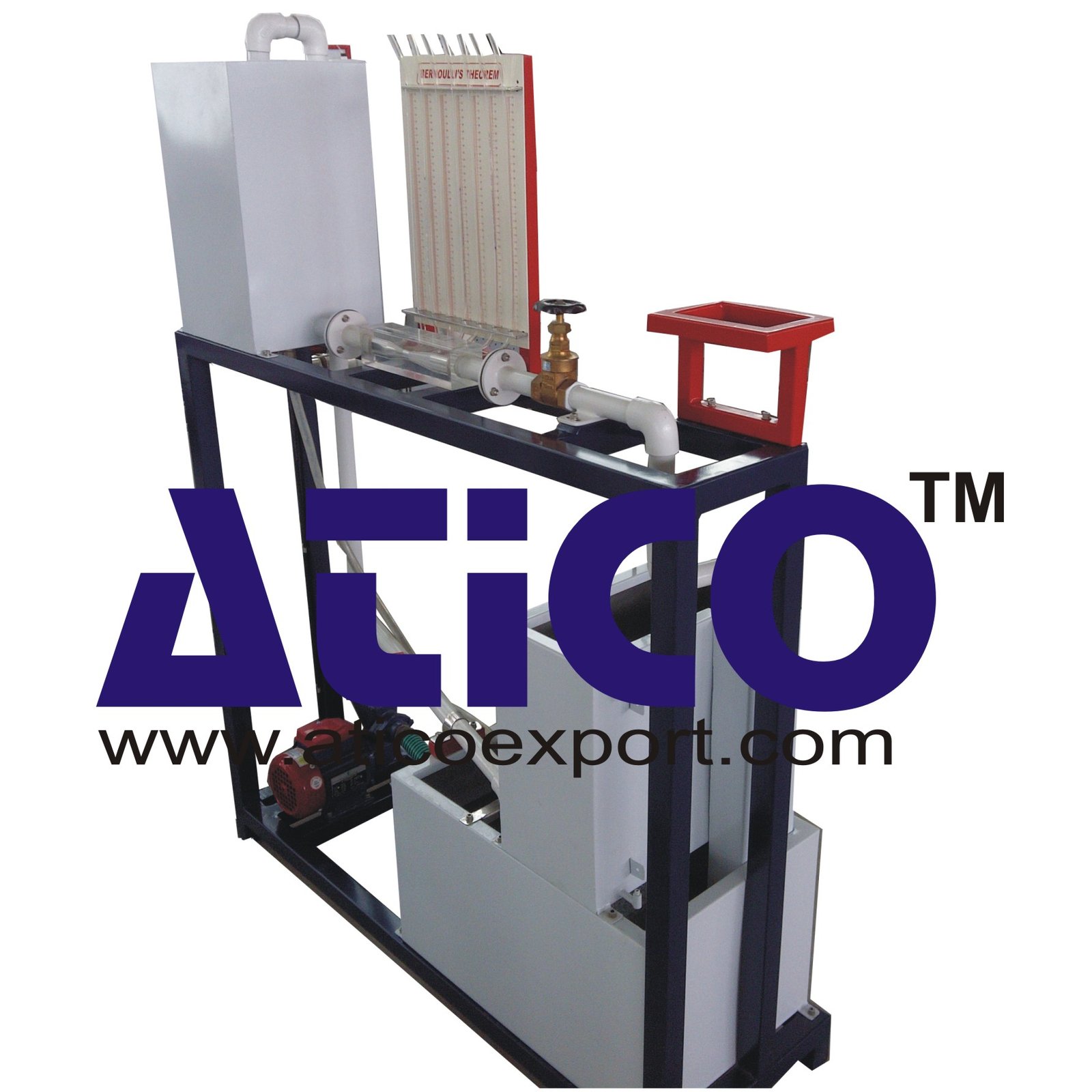
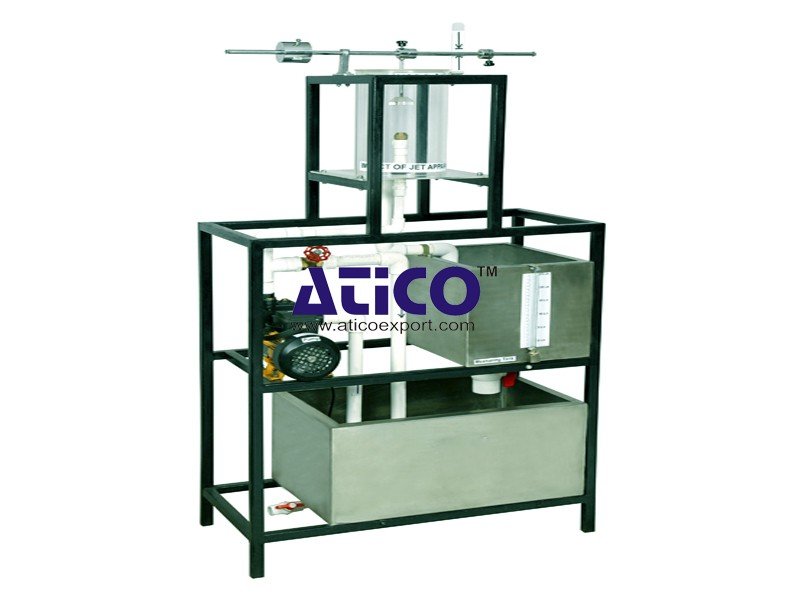
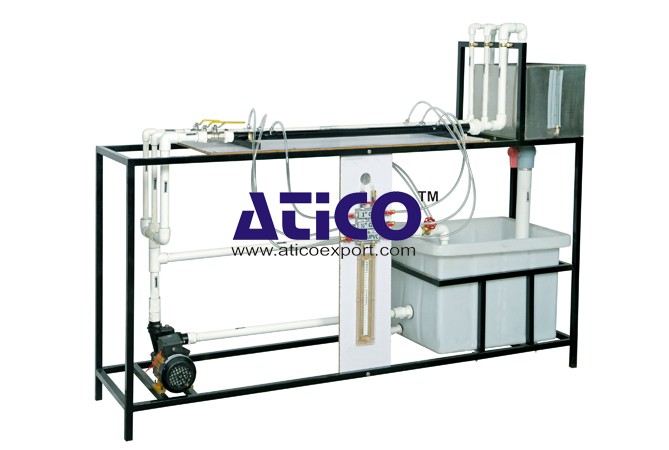
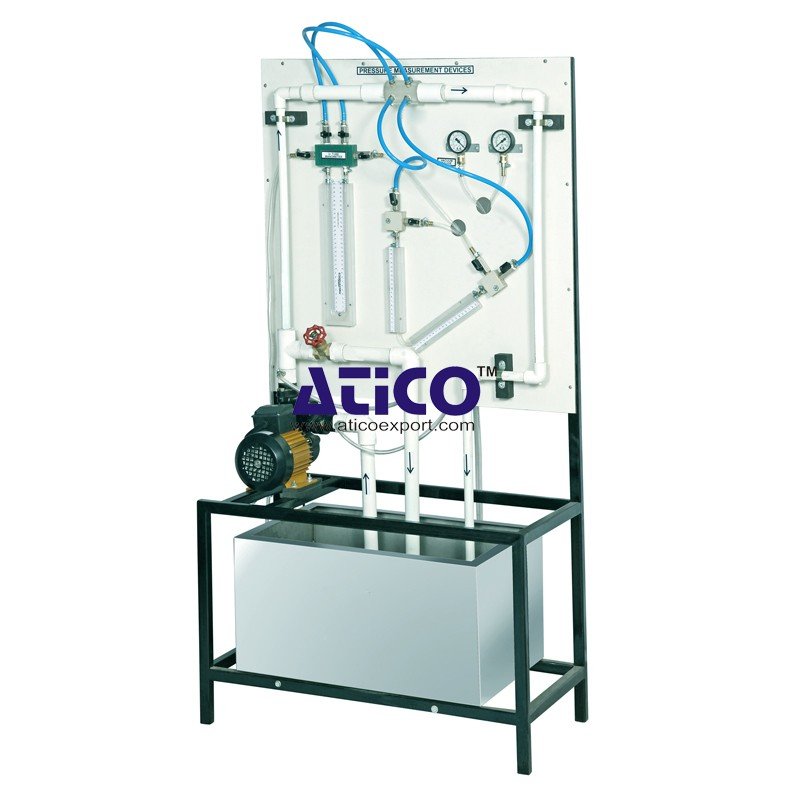
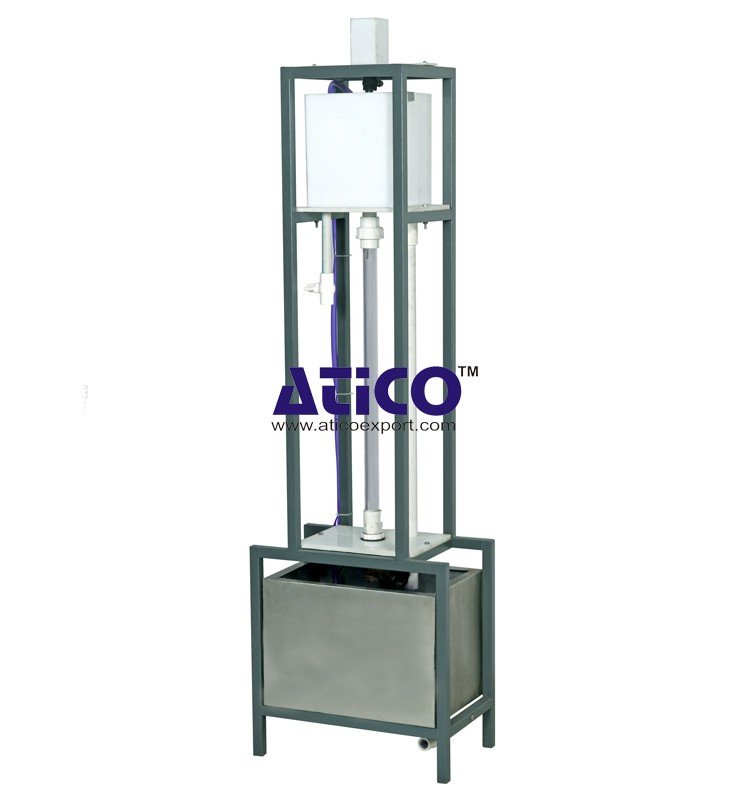
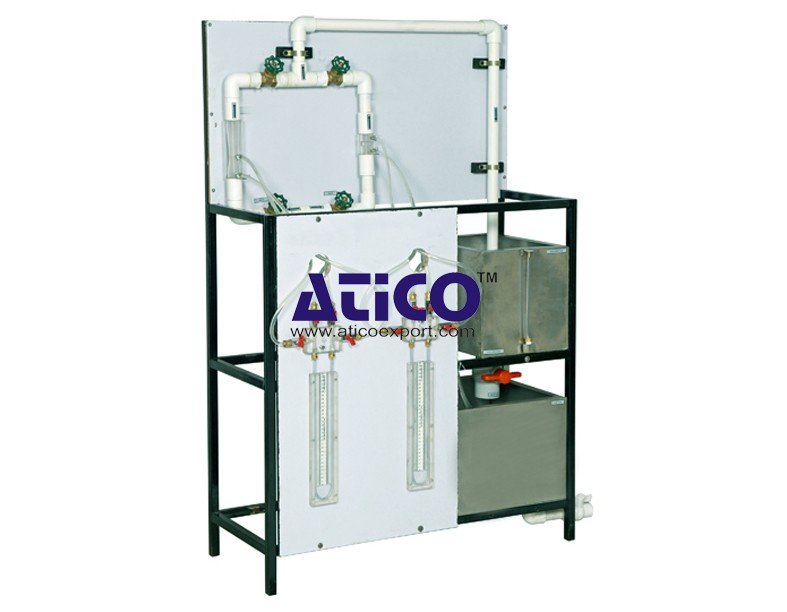
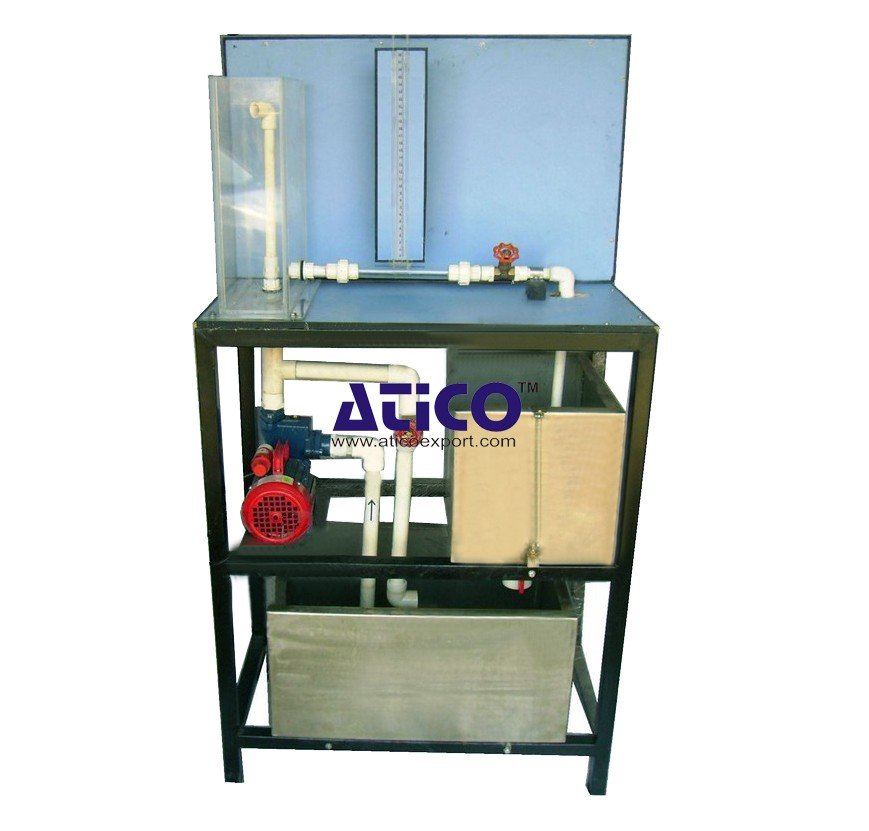
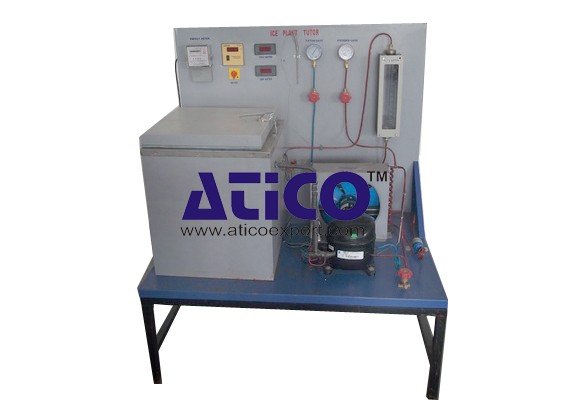

Product
Reviews
add Review
reviews
No Review Yet.